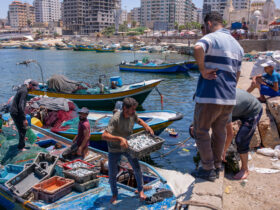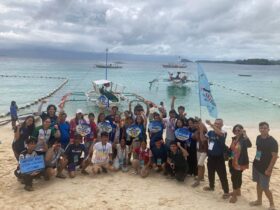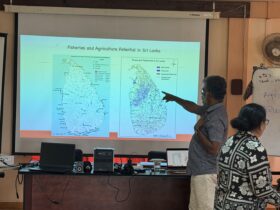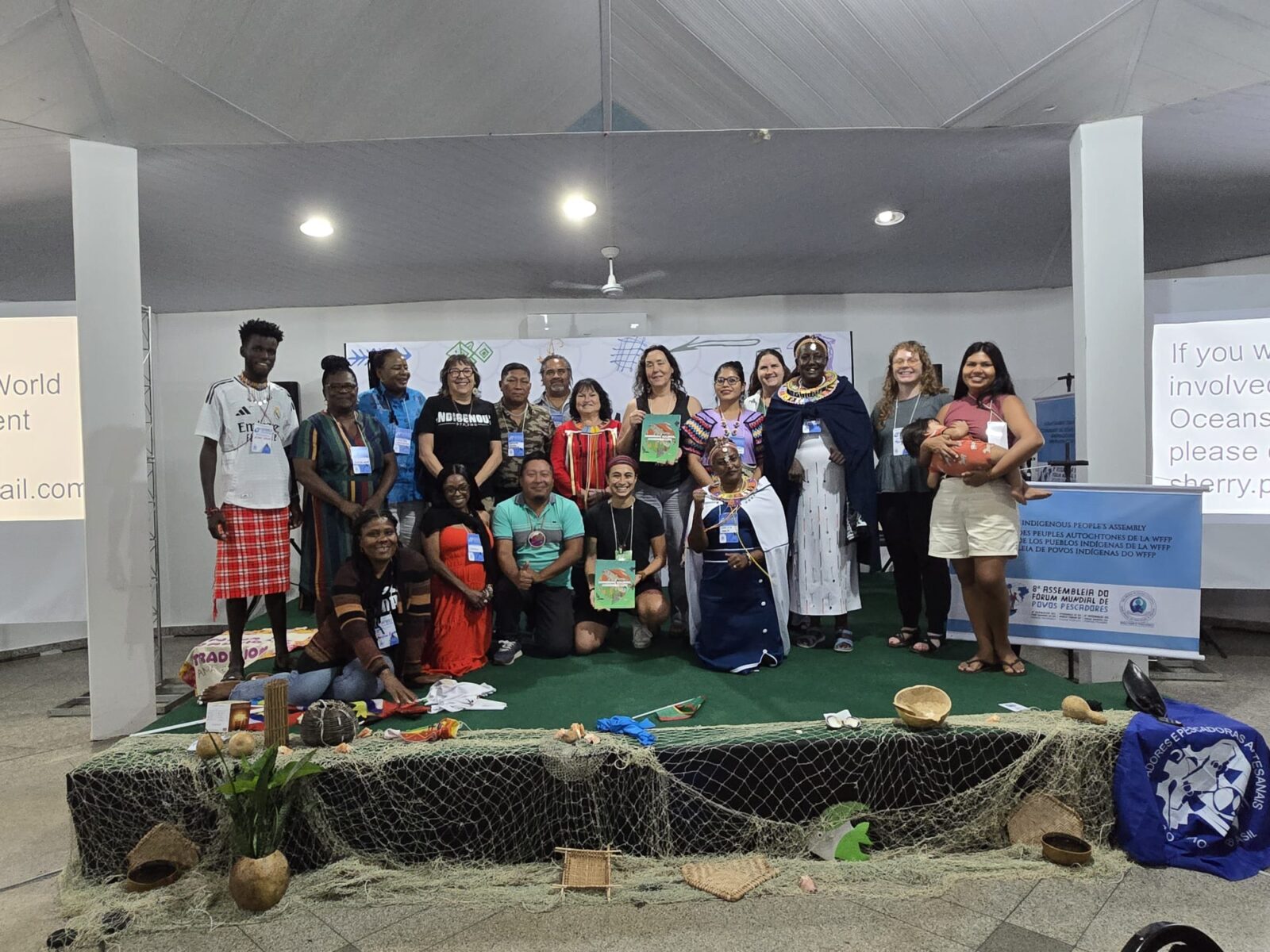Indigenous Assembly GA8
Brasilia, November 14, 2024
At the World Forum of Fisher Peoples (WFFP) GA8, a significant gathering took place that highlighted the central role of Indigenous voices in shaping the future of fisheries and policy. The Indigenous Peoples Assembly, facilitated by Estefanía Narváez and led by presenters Christiana Saiti Louwa and Sherry Pictou, was an important platform for collaboration, unity, and reflection on the pressing issues facing Indigenous communities in the context of fisheries.
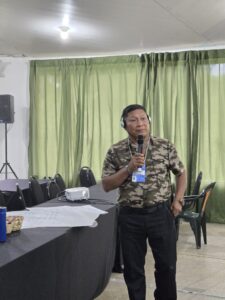 The Indigenous Peoples Assembly emerged as a crucial space to ensure that Indigenous perspectives are heard and integrated into the broader discussions at WFFP. Christiana Louwa opened the session with a compelling introduction, sharing the history of how this session came to life. She emphasized that the WFFP is a unique space for Indigenous Peoples to amplify their voices and influence fisheries policy at national and international levels. Christiana and Sherry Pictou have been instrumental in bringing this assembly to the forefront, recognizing the importance of incorporating Indigenous Knowledges, not only within WFFP, but across all areas where fisheries intersect with Indigenous communities.
The Indigenous Peoples Assembly emerged as a crucial space to ensure that Indigenous perspectives are heard and integrated into the broader discussions at WFFP. Christiana Louwa opened the session with a compelling introduction, sharing the history of how this session came to life. She emphasized that the WFFP is a unique space for Indigenous Peoples to amplify their voices and influence fisheries policy at national and international levels. Christiana and Sherry Pictou have been instrumental in bringing this assembly to the forefront, recognizing the importance of incorporating Indigenous Knowledges, not only within WFFP, but across all areas where fisheries intersect with Indigenous communities.
The primary focus of the Assembly was the Unity Statement, a key document aimed at bringing together the voices of Indigenous Peoples and guiding the WFFP on how to move forward in its engagement with Indigenous communities.
Prior to the Assembly, a pre-meeting was held, where participants had the chance to read, discuss, and offer insights on the draft of the Unity Statement. This process allowed for thoughtful reflection and adjustments to ensure that the document accurately reflected the values, perspectives, and priorities of Indigenous communities involved in the WFFP.
During the Assembly, the Unity Statement was read aloud to the group, followed by small group discussions. These discussions were rich with ideas, suggestions, and clarifications that were captured on large pieces of paper. Each group shared their notes and presented their insights to the larger group, leading to a collaborative workshopping session. This process helped refine the Unity Statement further, ensuring that it would serve as a strong and effective tool for guiding future action and policy within the WFFP and beyond.
The revised Unity Statement will play a pivotal role in shaping the relationship between WFFP and Indigenous communities, especially in terms of fisheries-related policies, practices, and the broader governance of natural resources. It will be key to ensuring that Indigenous Peoples are not just included in these conversations but are leading the way with valuable expertise and a long history of sustainable practices and relationships and lands and waters.
During the Assembly, the question of whether the group was familiar with the Small-Scale Fisheries Guidelines —a document developed to support the rights and participation of small-scale and Indigenous fisheries in global and national policy processes—was raised, with a relatively low response. While there is still work to be done, Sherry encouraged all participants to utilize the guidelines as a tool for advocacy. The guidelines are an invaluable instrument in the ongoing fight for justice and equity for small-scale fisheries and Indigenous communities ensuring that their rights are protected, and their voices are heard in policy debates.
 The Indigenous Peoples Assembly at WFFP GA8 was not just a meeting but a testament to the strength of collaboration and the power of Indigenous Knowledges. By working together, participants were able to refine the Unity Statement and create a clear pathway for Indigenous fishers to lead the way in shaping the future of fishing practices and our relationship with land and waters.
The Indigenous Peoples Assembly at WFFP GA8 was not just a meeting but a testament to the strength of collaboration and the power of Indigenous Knowledges. By working together, participants were able to refine the Unity Statement and create a clear pathway for Indigenous fishers to lead the way in shaping the future of fishing practices and our relationship with land and waters.
The work done during the Assembly reflects the broader goals of WFFP— for Indigenous leadership and Knowledges to guide the organization and its members, and to learn from and support Indigenous communities. This gathering marks a significant step toward fostering greater unity, collaboration, and inclusion in the fisheries sector, with a focus on justice, sustainability, and the protection of Indigenous rights.
Together, these efforts reflect a shared vision of a future where Indigenous Knowledges are recognized, respected and integrated into all aspects of fisheries governance and beyond.
Article Credits- Morgan Brimacombe, Dalhousie University
– Meylin Zink Yi ,Arramat project,Sanit Mary’s University
Photo Credits – Estefanía Narváez


